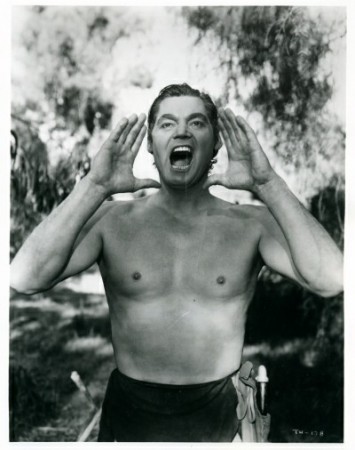By Jan Messersmith from the Winter 2001 issue of The Storyboard
2:00 PM: After a soccer match, the losing team accused the winners of using sorcery. A moveable fight began.
4:00 PM: The cops arrived to add to the shouting and arm waving. Everybody took a break to have some more beer and rest up a bit.
11:30 PM: The losers went to the winners’ place (next to our house) for satisfaction. We heard many death threats. Rocks were landing on our roof. Rocks were bouncing off people’s heads.
4:30 AM: There was a big fight in front of our house. The cops appeared again and burned down a few small shacks.
Ah, Saturday night in Madang. At least we didn’t have to dodge bullets. Not much different from parts of Indianapolis as I remember. Except for the weird sorcery thing and the cops playing with matches.
So, my question is: why do some people (even some “church” people) say, “Just leave them alone. They have their own culture and their traditional religions and they will be okay.” What? Do they think this is a tropical paradise where happy people go blissfully about their business in peace and harmony and not much clothing?
Jean-Jacques Rousseau (1712-1778) proposed that man is essentially “good” and, when left in a “state of nature” (like the animals, and man before the advent of civilization and society), would naturally be happy. This idea has permeated our present culture. Think of what a great guy Tarzan was. The concept of “the noble savage” has also crippled our ability to think clearly and objectively about a broad range of subjects, not the least of which is foreign missions. Rousseau later reversed himself, saying that the state of nature is a brutish condition lacking law or morality and that good men are a result of society’s presence. His original ideas, however, still live on in many disciplines such as anthropology, political science, and sociology.

All this philosophizing is a moot point for Christians, since the “leave the noble savages alone” theory has no place in Christian thought. The Great Commission does not allow us to pick and choose to whom we will preach the Gospel according to which social philosophies are trendy at the moment.
The truth is that the world is a vicious and brutal place because of sin. The Bible makes this clear in the opening chapters of Genesis, and it is the predominant theme throughout. Nature has no grace, mercy, nor forgiveness. The religion of animism is an attempt to explain an irrational universe that seems, by its nature, designed to kill us. Animism can do nothing to give life meaning and purpose. It is a religion of despair. No amount of social engineering, diplomacy, or humanitarian aid is ever going to make the world less nasty.
Being a successful animist requires learning to stay alive in a hostile world of spiritual chaos. Nothing is predictable. Enemies can summon demons to destroy you by using the proper incantations. You must burn hair and nail cuttings lest someone use them to cast a spell upon you. The trees and rocks are full of malevolent spirits. The world is a very scary place. In Papua New Guinea, Death by Sorcery is the title of a legal statute, not a novel.
If we need to be saved so badly, then why should we believe that so-called “happy natives” somehow need it less? Don’t God’s laws apply universally? Are murder, adultery, lying, and stealing less serious sins for them? Is the situation really not so bad so long as we don’t let them know that they are sinning?
Arguments I’ve heard that we ought not to disturb the natural state of those living in ignorance of the revealed word of God have usually been made by those who have not seen the misery, despair, and fear that are the sacraments of the animist. The status quo is not sacred. Of course we will change people’s lives if we expose them to the Gospel. The Gospel is, by its very nature, life-changing. God intended it to be so. The good news is that the change can only be for the better. Light dispels darkness. Hope replaces despair. And a promise of victorious life – here on earth and an eternal life to come – hastens the defeat of sin and death.